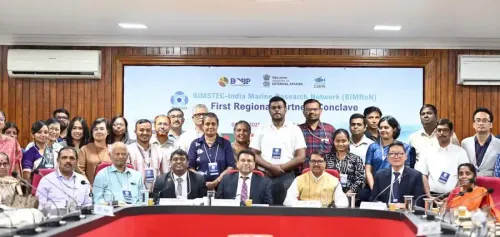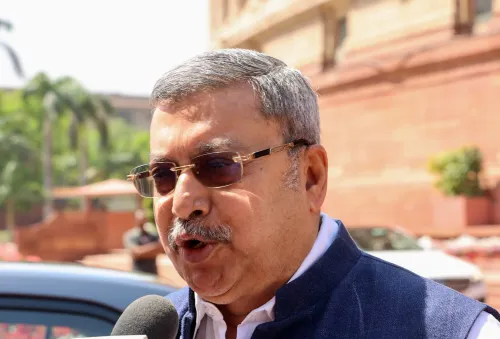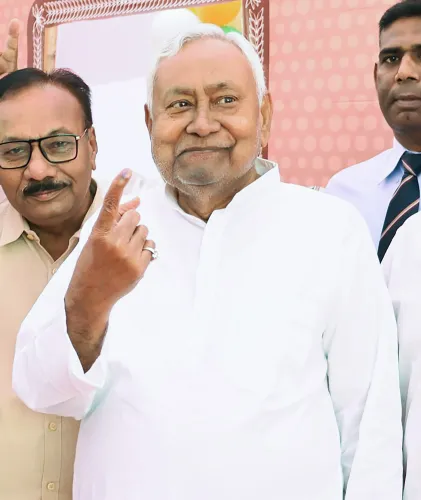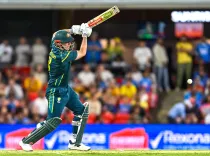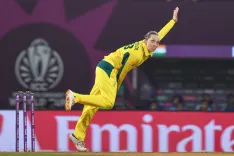Why Did the SC Reject BJP MLA Kanwarlal Meena’s Plea?
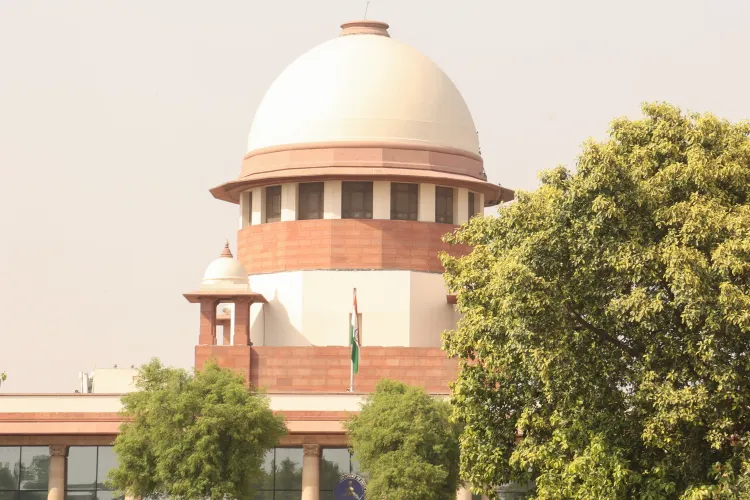
Synopsis
Key Takeaways
- Supreme Court rejected Kanwarlal Meena's plea.
- Meena must surrender within two weeks.
- Conviction for threatening an SDM and damaging property.
- Potential disqualification from the legislature due to sentencing.
- Importance of political accountability emphasized.
Jaipur, May 7 (NationPress) The Supreme Court (SC) on Wednesday dismissed the Special Leave Petition (SLP) filed by Baran Anta MLA, Kanwarlal Meena from the BJP, instructing him to surrender to the trial court within a two-week timeframe.
Meena had previously been sentenced to three years in prison for brandishing a pistol at an SDM and vandalizing government property during an incident in 2005.
A bench of the SC, which included Justices Vikram Nath, Sandeep Mehta, and Sanjay Karol, heard the arguments. Meena’s attorney, Namit Saxena, contended that no firearm had been recovered, thus the charges of using criminal force were unfounded. He also highlighted that the purported video cassette, allegedly destroyed and burned, was never retrieved.
However, the bench dismissed all arguments, reaffirming the lower court’s decisions.
On May 1, the Rajasthan High Court validated the conviction by the Appellate Court (ADJ, Aklera, Jhalawar), which had found Meena guilty of impeding government operations, threatening officials, and damaging public property.
According to the Representation of the People Act, 1951, any legislator sentenced to over two years in prison is disqualified from the legislature. With the High Court upholding his conviction, Meena’s position in the assembly is jeopardized.
Following the High Court's decision, the Congress party approached the Assembly Secretary, demanding action. Subsequently, a notice was issued to Meena, requiring him to present a SC stay order by noon on May 7.
In response, Meena's lawyer brought the matter before the SC, which had previously granted a temporary stay on his surrender on May 5, but did not suspend the entire judgment of the High Court.
The case relates to an occurrence on February 3, 2005, near the Dangipura-Rajgarh junction in Jhalawar, where villagers had obstructed the road, requesting re-polling for the Khatakhedi Deputy Sarpanch elections. Officials, including the then SDM Ramnivas Mehta, IAS probationer Pritam B Yashwant, and Tehsildar Ramkumar, had arrived on the scene to manage the situation.
Approximately thirty minutes later, Kanwarlal Meena appeared with his associates and allegedly threatened the SDM with a pistol, demanding a recount.
When the SDM refused, Meena reportedly seized and destroyed a video cassette and temporarily confiscated a digital camera from Pritam, returning it after twenty minutes.
Meena was acquitted by the trial court in 2018, but the Appellate Court reversed that ruling, convicting him. Upon rejecting Meena’s appeal, the High Court remarked that he had identified himself as a political figure during the incident and was expected to uphold law and order instead of undermining it.
The court also referred to his criminal history, noting that while he had been acquitted in most of the 15 criminal cases against him, this background could not be overlooked.


